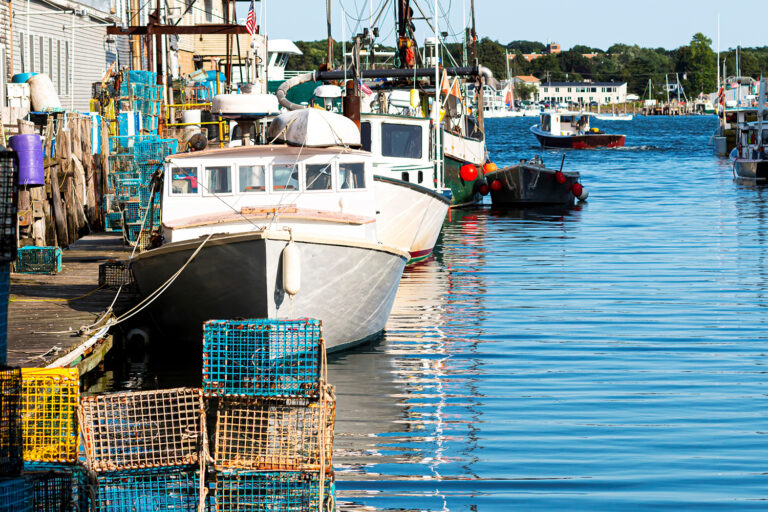
Fisheries
Amid warnings, some marine species exhibit climate resilience as oceans warm
Warming oceans are causing major changes, yet some fish species, where the waters are most in flux, are showing climate resilience.
Responsibility
Ocean temperatures reached record highs in 2024, with deep ocean warming underscoring the urgent need for climate action.

Fisheries
Warming oceans are causing major changes, yet some fish species, where the waters are most in flux, are showing climate resilience.
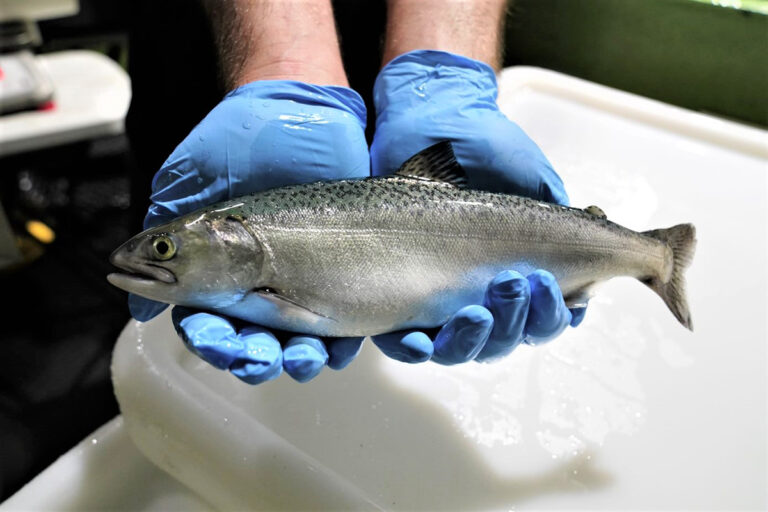
Responsibility
The impact of ocean warming on farmed salmon has encouraged the Cawthron Institute to research ways to boost climate change resilience.
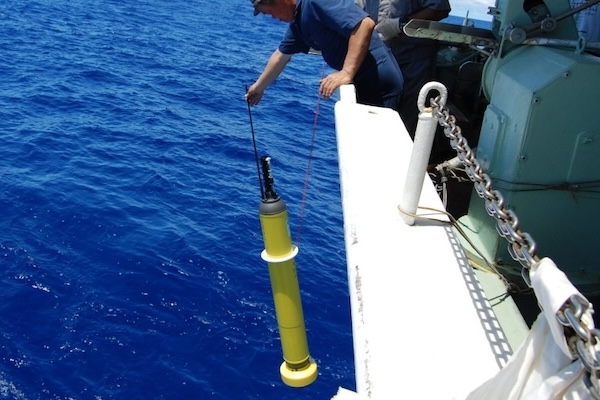
Responsibility
A new machine learning technique precisely tracks ocean oxygen loss, offering insights into climate change’s impact on marine life.
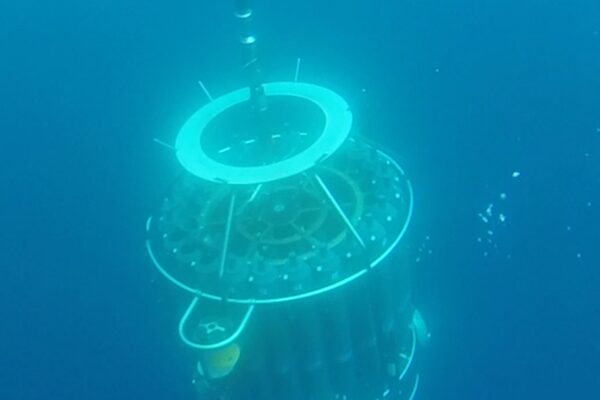
Responsibility
A new study indicates deep sea phytoplankton thrive with ocean warming, raising concerns about marine ecosystems.
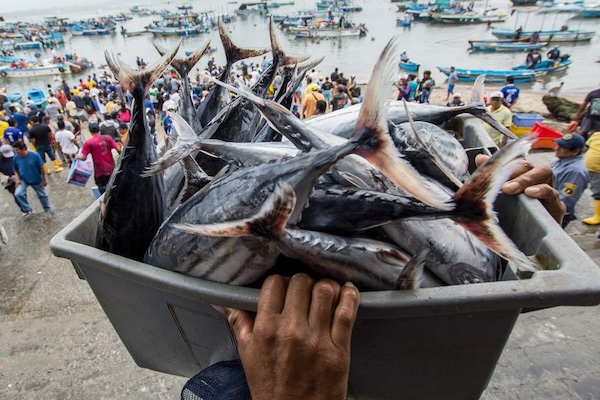
Responsibility
Global projections show fish biomass could drop more than 10 percent in many regions by mid-century if greenhouse gas emissions stay high.
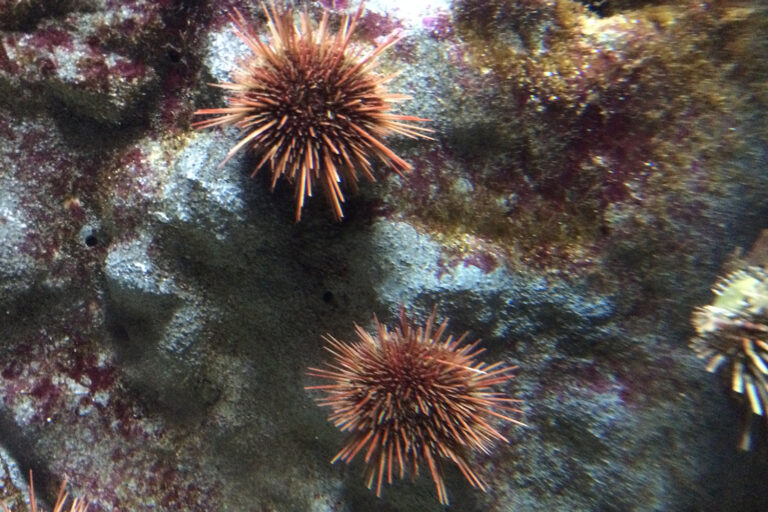
Fisheries
A summary of the literature focusing on the impacts of ocean warming and acidification on life stages of commercially relevant sea urchin species.
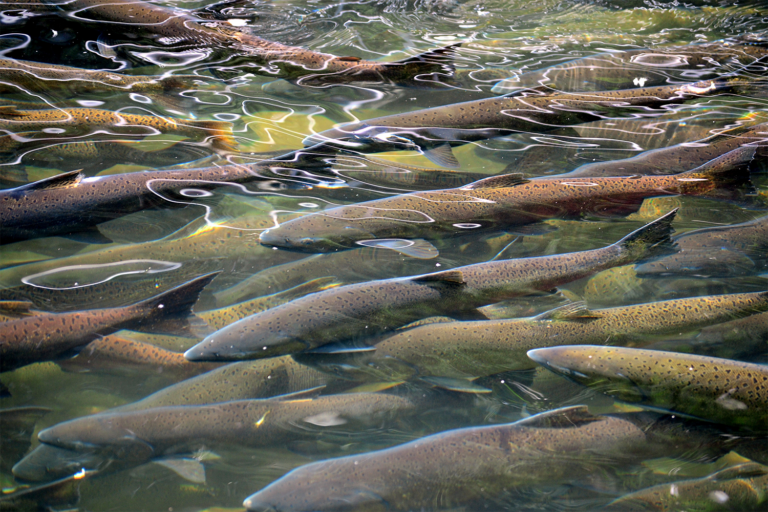
Fisheries
Ocean warming is increasing Pacific salmon in the Canadian Arctic, indicating that climate change is expanding their habitat.
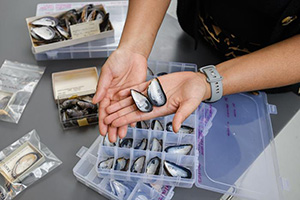
Responsibility
A new study reveals East Coast mussel shells have become weaker and more susceptible to damage due to climate change.
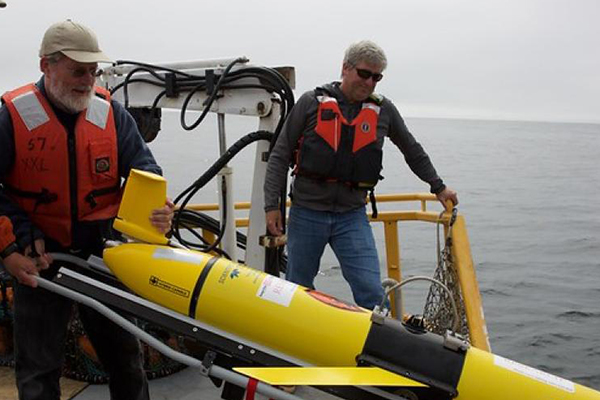
Responsibility
A study found that in 2021, more than 50 percent of the continental shelf experienced the low-oxygen condition known as hypoxia.
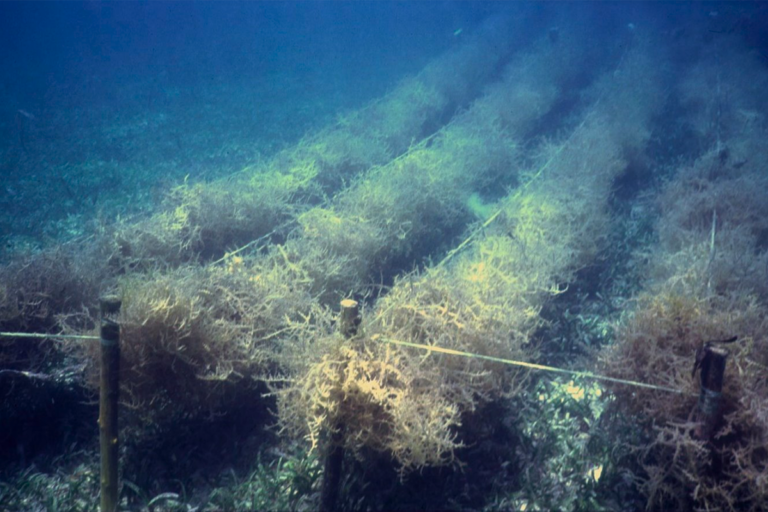
Responsibility
Study: Without sound science on the impacts to fragile ecosystems, seaweed carbon sequestration distracts from more effective interventions.
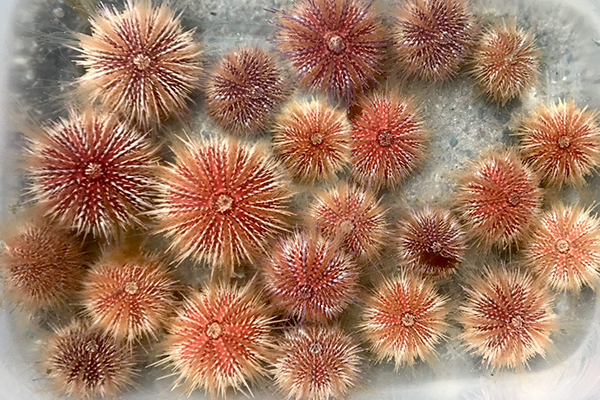
Responsibility
A new study finds that sea urchins deteriorated physically when immersed in less salty water – a risk that could occur with climate change.
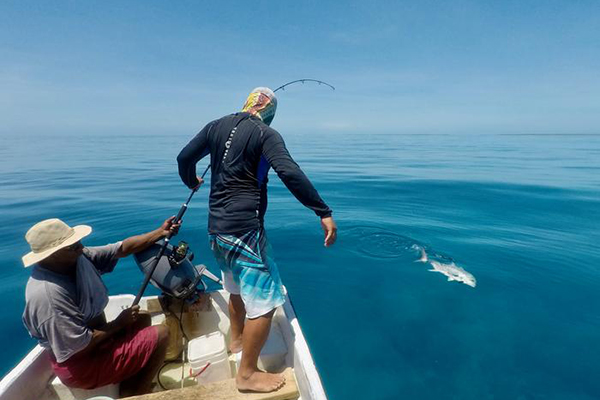
Fisheries
A new study finds climate change is making it harder to access seafood, but that tapping into local solutions may help enhance food security.
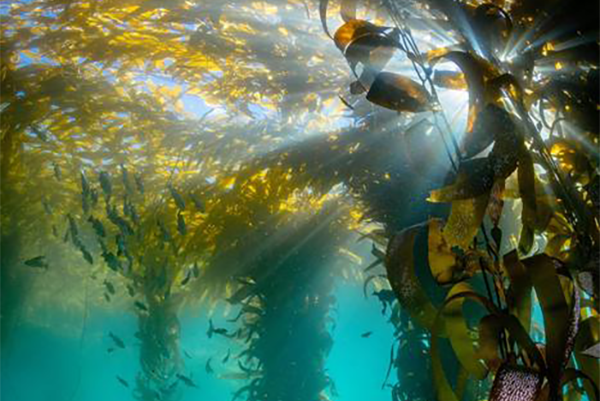
Responsibility
New research reveals that denser and more sheltered kelp forests can withstand serious stressors amid ocean warming.

Responsibility
With ocean warming taking a toll on fish like migratory salmon, scientists are exploring artificial options to cool things down for them.
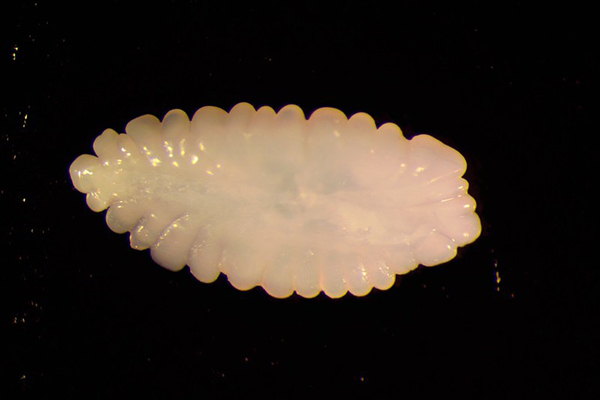
Responsibility
Marine heatwaves trigger shift in hatch dates and early growth of Pacific cod, concludes a new study from Oregon State University.